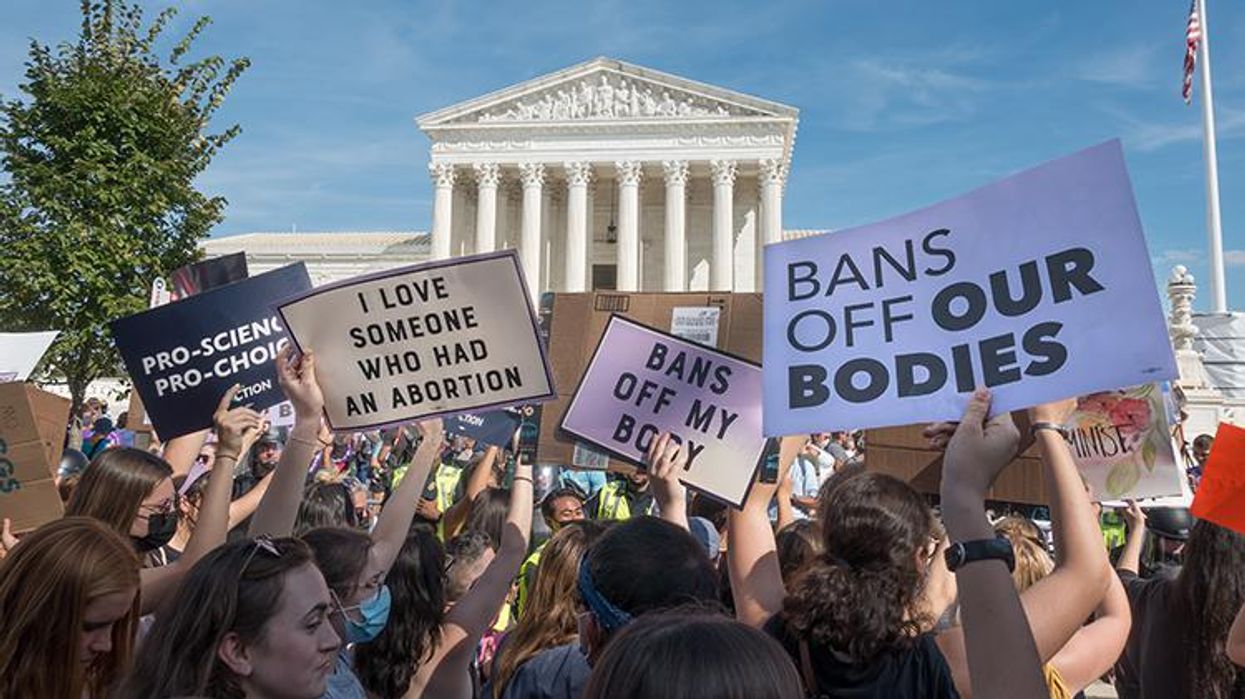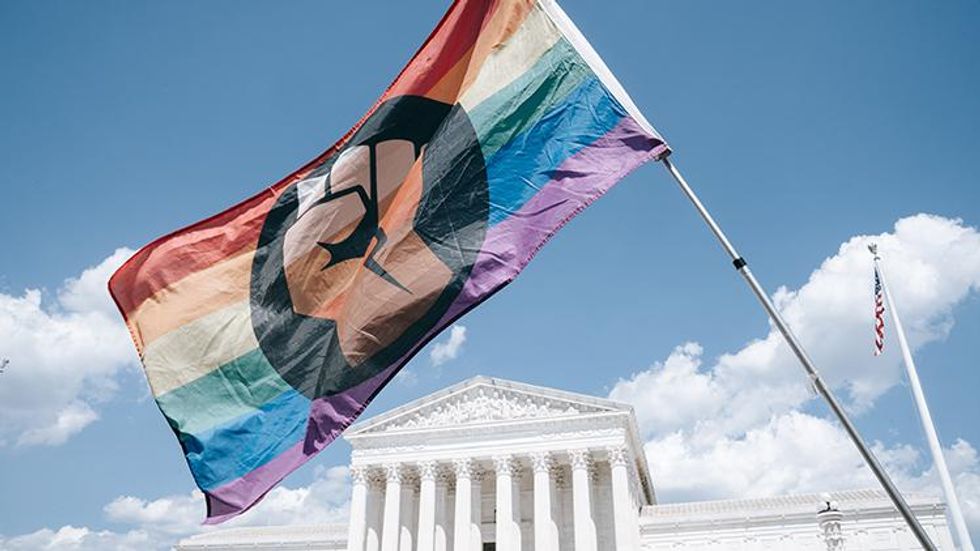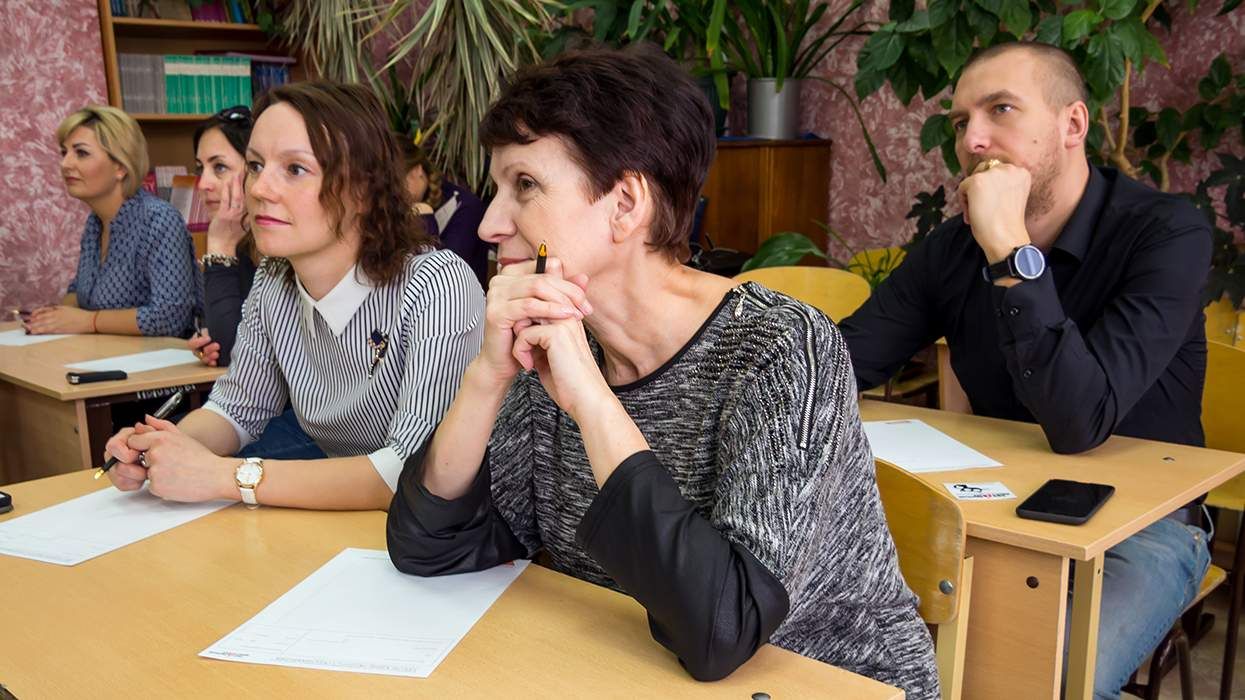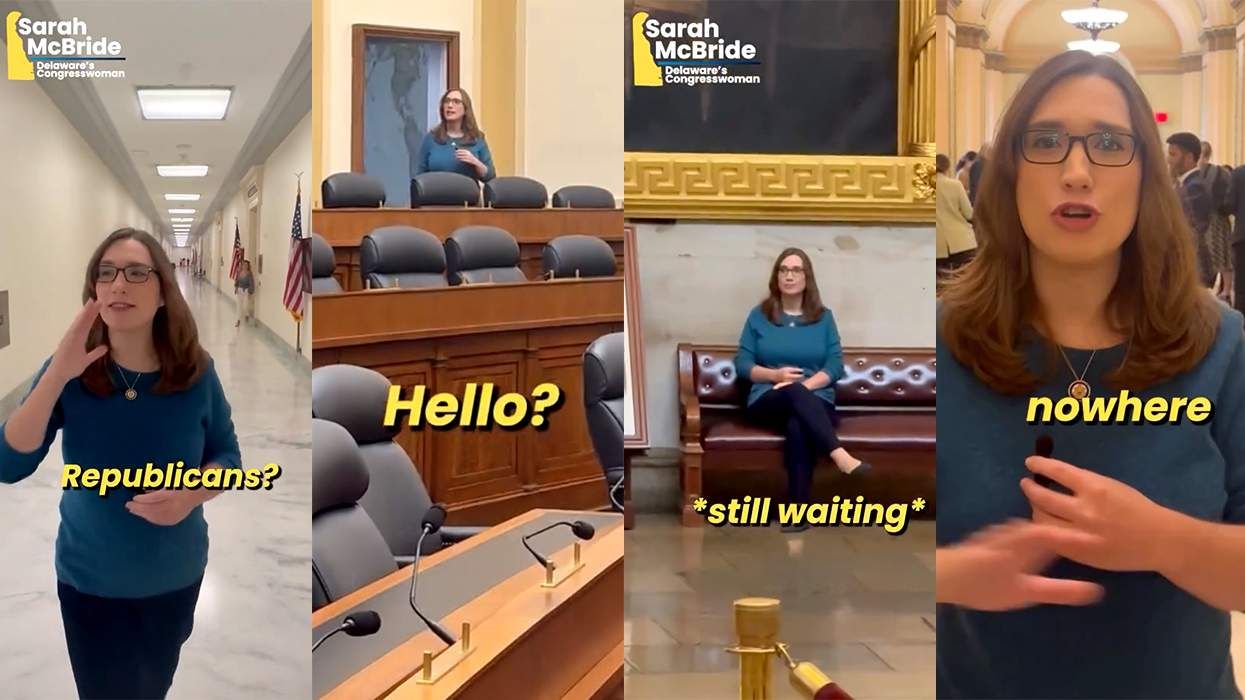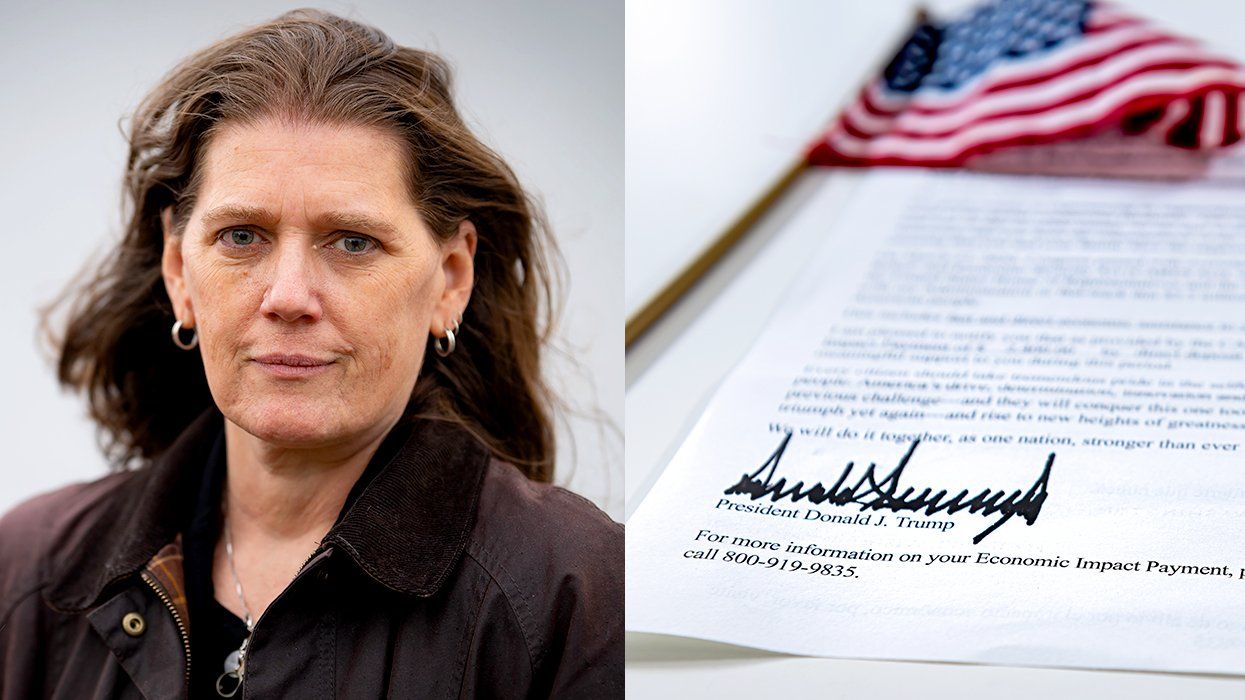You’ve already done the one thing after last week's devastating (but predictable) Supreme Court decision overturning Roe v. Wade that comes most naturally: get angry.
But now what? If you’re one of the millions of Americans living in a state where abortion access may soon disappear due to the “trigger laws” already put in place, you’re probably wondering what anyone can do about it now?
What are “trigger laws”?
Many US States have so-called “trigger laws” on the books — bans against abortion that, while previously invalid thanks to Roe v. Wade, were supposed to go into effect as soon as the SCOTUS decision to repeal came down.
We say “supposed to” because right now there is legal chaos about how, when, and maybe even if many of these laws will actually take effect, with various suits in states like Alabama and Texas arguing that the laws on the books are vague, ambiguous, contradictory, or just plain unworkable. Legal arguments may last months or even years.
Nevertheless, it’s wise to read up on what lawmakers in your state at least attempted to do with anti-abortion legislation, even if those old laws may not turn out to be the ones that eventually govern your decisions, because odds are they’ll try to pull similar moves down the line.
The Guttmacher Institute estimates that 22 states have laws or constitutional amendments banning abortion. Additionally, four more states are very likely to pass bans in the very near future.
The Fuller Project has an extremely comprehensive, plain-English guide to each state’s (aspirational) laws, including what (if any) exceptions are included. For reasons we’ll get to in a minute, it pays to get as familiar as possible not just with your own state laws but also those nearby.
Stock Up

That reference focuses on medications, but of course, those are not your only options, and Planned Parenthood can consult on other methods. Feel encouraged to check in with your local clinic for help.
In addition to contraception, some doctors and personal health consultants recommend regular, routine, or indeed constant pregnancy testing — because early detection counts for a lot.
Your local health department or (once again) Planned Parenthood often furnishes tests for free. (Nonsense “faith-based” centers will do it for free as well, but you really shouldn’t have to subject yourself to that.)
However, if you have the resources, consider buying up enough at-home tests to allow for weekly checks. Yes, every week — even if it seems like there’s no way you could be pregnant, the habit will provide maximum security in the long run, and there’s no such thing as knowing too early.
Get Prepared
Not everyone has the resources to travel to another state for abortion care. But if you do, get ready now. If you are a queer person for whom pregnancy is not a direct concern, let the people in your life know you’re a resource.
Look up where the nearest out-of-state clinic to you is and also what the laws are in that state, (whether they’ll subject you to waiting periods, for example).
Plan your route, put a (hard copy, offline) set of directions somewhere safe, and take a few minutes to pack a bag in advance in case you for some reason need to leave on short notice. Cash is recommended if you can spare to set it aside.
No vehicle? No money? People in many states with narrowing abortion access in recent years have begun forming emergency networks like the National Network of Abortion Funds, in which everyone contributes a small amount of money to a mutual aid fund and/or volunteers to at least potentially make themselves available to help with transport should any one person on the team find they suddenly need to leave. Consider talking to your own friends and peers to get started.
Don’t Give Up
This will not be the end of America’s fight for bodily freedom. Find an abortion fund near you and contribute if able. If not, spread the word and remember that most people are still on our side.
